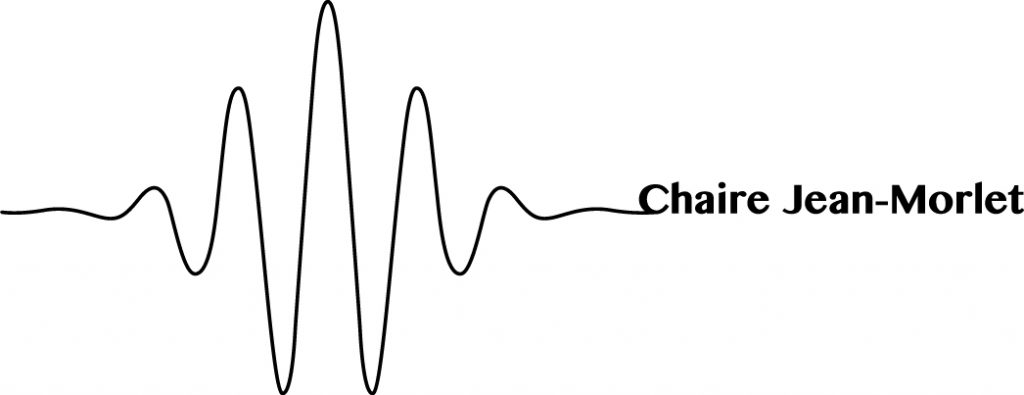CONFERENCE
PinT 2022: 11th Conference on Parallel-in-Time Integration
PinT 2022 : 11ème conférence PinT – Parallel-in-Time Integration
11-15 July 2022

Scientific Committee
Comité scientifique
Stefanie Friedhoff (Brown University)
Laurence Halpern (Université Sorbonne Paris Nord)
Debasmita Samaddar (United Kingdom Atomic Energy Authority)
Jacob B. Schroder (University of New Mexico)
Jemma Shipton (University of Exeter)
Ben Southworth (Los Alamos National Laboratory)
Organizing Committee
Comité d’organisation
Martin Gander (Université de Genève)
Florence Hubert (Aix-Marseille Université)
Time parallel time integration methods have received important interest over the last decade because of the advent of massively parallel computers, which is mainly due to the clock speed limit reached on today’s processors. When solving time-dependent partial differential equations, the time direction is usually not used for parallelization. But when parallelization in space saturates, the time direction offers itself as a further direction for parallelization.
This conference at CIRM will be the 11th of the annual PinT conference series (parallel-in-time.org), which has attracted more and more participants since the first small workshop in Lugano in 2011, where there were only four plenary lectures, and a poster session.
There are currently four main research directions for PinT methods:
- Methods based on multiple shooting for initial values, which culminated in the Parareal algorithms and its variants, in particular PFASST and MGRIT.
- Waveform relaxation methods based on spatial domain decomposition techniques and iteration, like optimized Schwarz waveform relaxation, Dirichlet-Neumann waveform relaxation and Neumann-Neumann wave- form relaxation.
- Space-time multigrid methods, going back to the parabolic multigrid method of Hackbusch, with extremely scalable methods for parabolic type equations up to hundreds of thousands of cores, with virtually no overhead, i.e. speedup right from the start when using two processors instead of one.
- Direct time parallel methods, starting from early parallel predictor corrector and Runge-Kutta methods, to RIDC, ParaExp and ParaDiag, which solve evolution problems directly in parallel without iteration.
PinT is still very rapidly evolving, with new ideas appearing all the time. Significant innovations are found in particular for new ParaDiag variants, time periodic preconditioning for non time periodic problems, time parallelization in optimal control problems, and tent pitching techniques for hyperbolic problems.
The goal of the annual PinT conference is to gather worldwide experts in this exciting new field of research to exchange their newest ideas and also collaborate directly during the conference.
PLENARY SPEAKERS
Matthias Bolten (University of Wuppertal) On the usage of spectral information about matrices arising from parallel-in-time integration
Michael Minion (University of California)
Olga Mula (Université Paris-Dauphine) PinT schemes using time as a parameter
Mayya Tokman (University of California) The Joys and Pains of Exponential Integration
Andy Wathen (University of Oxford) Preconditioning for Parallel-in-time
Shu-Lin Wu (Northeast Normal University) Preconditioner for block lower triangular Toeplitz matrices
SPONSORS


